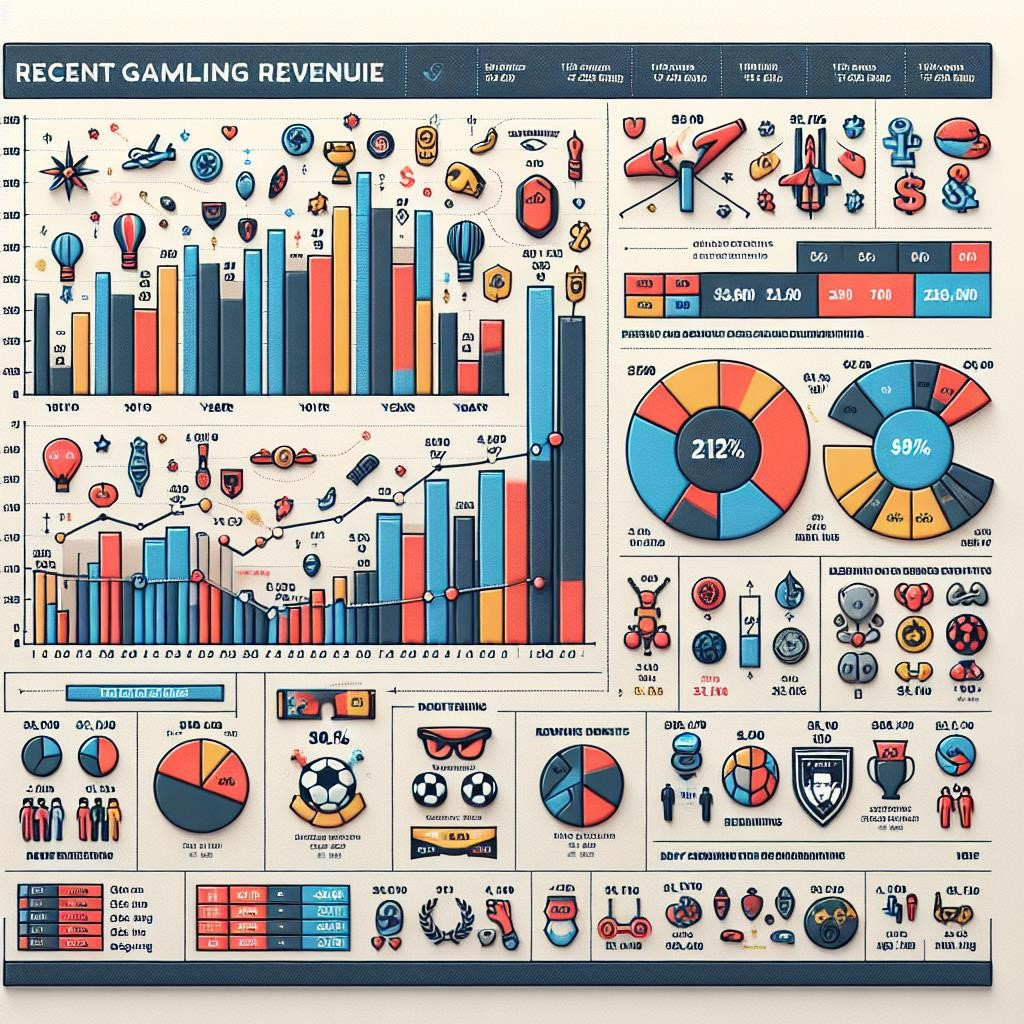As the world of gambling continues to evolve, particularly with the rise of online platforms, understanding the trends in gambling revenue, especially in the sports betting sector, has become crucial for stakeholders in the industry. This article delves into the latest trends and analyses the dynamics of the sports betting market.
The Rise of Online Gambling
In recent years, there has been a significant shift towards online gambling. The advent of technology has made it easier for consumers to access betting platforms from the comfort of their homes. This transition has influenced gambling revenue trends dramatically.
- Increased Accessibility: With mobile devices and apps, betting is now more accessible than ever.
- Variety of Options: Online platforms offer a wider range of betting options, including live betting and in-play wagering.
- Global Reach: Online gambling has expanded beyond local markets, allowing operators to reach a global audience.
Sports Betting Market Analysis
The sports betting market is a significant segment of the overall gambling industry. With the legalization of sports betting in various regions, particularly in the United States, the market has seen explosive growth.
Legalization and Regulation
The legalization of sports betting has been a game changer. States have begun to recognize the potential tax revenue from regulated sports betting, leading to a surge in new markets.
- State Legislation: Many states have enacted laws to regulate sports betting, resulting in increased revenues.
- Tax Revenue: States benefit from taxation on sports betting revenue, which can be used for public services.
- Consumer Protection: Regulation helps protect consumers and ensures fair play.
Market Trends
Several key trends have emerged in the sports betting market:
- Increased Market Participation: More states are legalizing sports betting, leading to higher participation rates.
- Technological Innovations: The integration of advanced technology, such as artificial intelligence and machine learning, enhances user experience and engagement.
- Partnerships and Sponsorships: Sports leagues and betting companies are forming partnerships, which boost visibility and credibility.
Consumer Behavior and Preferences
Understanding consumer behavior is critical for operators in the sports betting market. Recent studies indicate that consumer preferences are shifting:
Demographics
The demographics of sports bettors are diversifying. Younger audiences are more inclined to engage in sports betting. This trend is driven by:
- Engagement with Technology: Younger consumers are more tech-savvy and comfortable with online betting.
- Social Interaction: Betting is increasingly seen as a social activity, often shared among friends.
Betting Types
Consumers are also showing a preference for specific types of betting:
- Live Betting: The ability to place bets during a game is gaining popularity.
- Prop Bets: Bets on specific events within a game appeal to many bettors.
Future Outlook
As we look to the future, the sports betting market is poised for further growth. The combination of expanding legalization, technological advancements, and changing consumer preferences suggests a robust revenue potential;
Operators must stay ahead of trends, adapt their strategies, and innovate to capture market share in this dynamic environment. Overall, the gambling revenue trends, particularly in sports betting, indicate a promising future for the industry.

Comment here